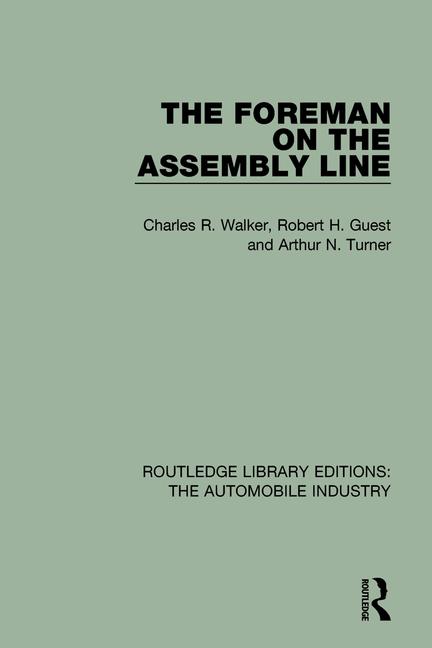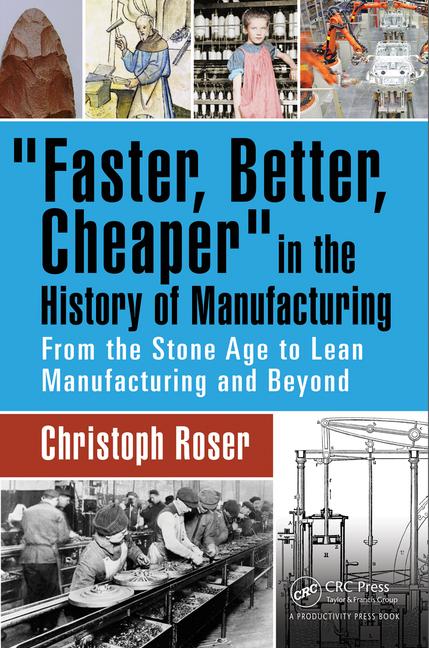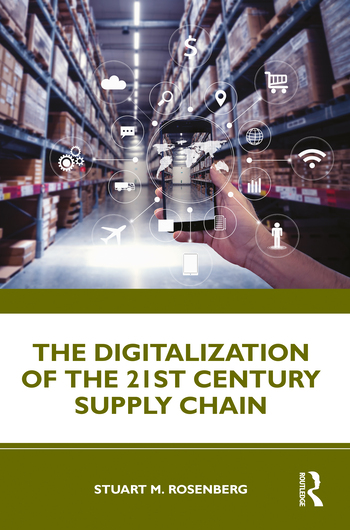Today, driven mainly by environmental concerns and given force of law through legislative action, manufacturers are increasingly being held responsible for their products from cradle to well beyond the grave. Europe, Japan and the Scandinavian countries seem to have the most stringent regulations in place right now, but the movement to hold manufacturers responsible for end-of-life recycling is rapidly gaining momentum in the United States.
Writing in IEEE Spectrum recently, Alec Appelbaum reports that the European Union will soon issue a Waste from Electrical and Electronic Equipment directive, requiring manufacturers to take obsolete machines back for free and to recycle 65 percent of their average weight. Consumers in Japan have paid a small fee to recycle TVs, washing machines, refrigerators and air conditioners since April 2001. Japan’s Law for Recycling of Specific Kinds of Appliances may be extended to PCs in fiscal 2003. In the United States, a consortium called the National Electronic Product Stewardship Initiative recently announced a commitment to a regime in which some purchase-related charges would fund recycling. The consortium is comprised of 12 manufacturers, Microsoft, Sun Microsystems and the Electronic Industries Alliance.
Terrence J. McManus, director of environmental health and safety at Intel Corp. (Santa Clara, CA), considers it essential to eliminate lead and halogenated materials from Intel products and packaging. Even though the amount of lead in electronics products appears infinitesimal compared with that in other products, he says, "Electronics are becoming so ubiquitous that we should be concerned about any lead that enters the environment unmanaged." Because so many electronics parts end up in landfills, Intel helped launch the Students Recycling Used Technology initiative, in which students refurbish old computer equipment. The program diverted an estimated 50,000 pounds of electronic waste from landfills in its first year of operation.
Sustainable development is an environmentalist mantra, and closing the product loop is one of the principal keys to sustainable development. Whether dealing with waste is an economic issue or an environmental issue is moot; the two issues are inseparable and manufacturers will have to deal with both.
If you are near the end of your career, you may not be greatly affected by the challenge of end-of-product-life disassembly, unless you choose to consult in this field after you retire—a potentially lucrative postretirement activity! But if you are near the beginning of your career, you can probably expect to invest a significant amount of your professional time dealing with the challenge of closing the loop.






